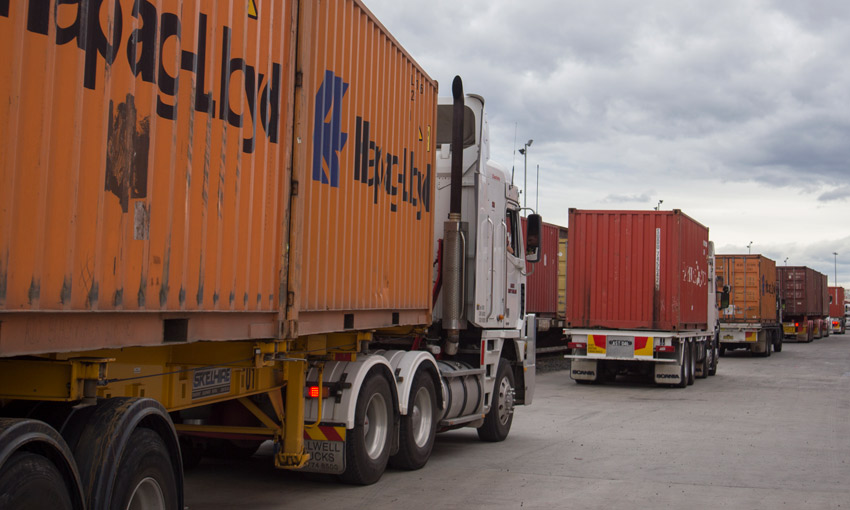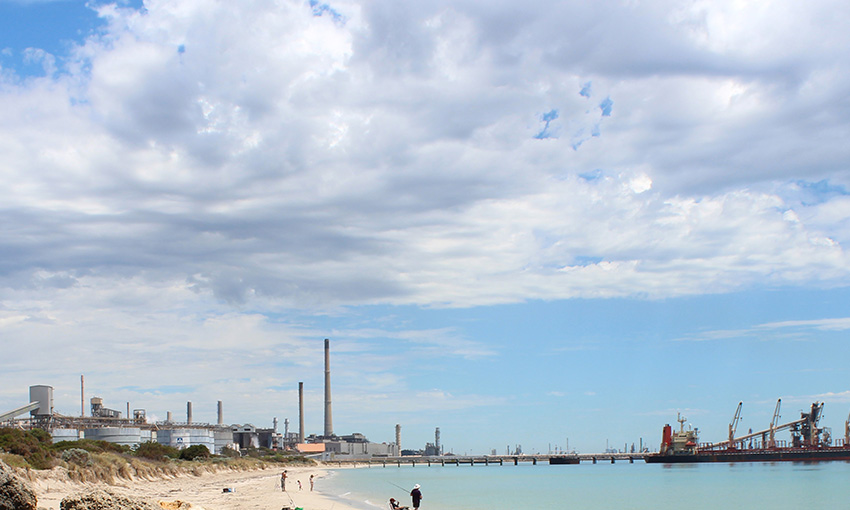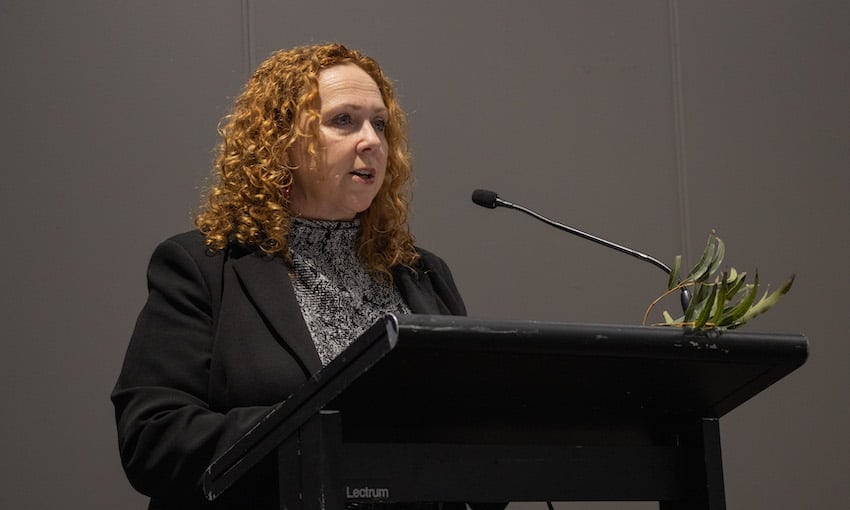THE Bureau of Infrastructure and Transport Research Economics is leading a review exploring the resilience of Australia’s road and rail supply chains.
The review intends to inform government actions on mitigating risks along the supply chains most critical to Australian communities and businesses.
“All Australians depend on strong and resilient supply chains,” the Department of Infrastructure, Transport, Regional Development and Communications said in a statement.
“Understanding which supply chains are of national importance, the risks they face, and how government and industry can work together to mitigate these risks is essential to ensure supply chains remain resilient and fit-for-purpose, now and into the future.”
Under its terms of reference, the review will define and determine risks to critical road and rail supply routes in the short and long-term, which may range from weather events to limited alternative transport modes.
It will also assess the potential vulnerabilities in these supply routes and determine which routes are at the highest risk of failure.
The review further aims to stocktake recent work by government and industry and present pragmatic options for governments to address identified risks.
BITRE noted international supply chain vulnerability, freight costs, the transport workforce and critical inputs to the transport sector are outside the scope of the review.
With a focus on road and rail infrastructure, the review will consider supporting work such as the Australian Infrastructure Plan, National Freight and Supply Chain Strategy, National Urban Freight Planning Principles, National Rail Action Plan, and the Supply Chain Resilience Initiative.
The work will engage closely with the Freight Industry Reference Panel, which intends to provide insight on the implementation of strategies and feedback on progress.
It will also consult with key infrastructure owners and operators, freight industry stakeholders, state and territory governments, Infrastructure Australia, CSIRO, and relevant government departments.
The work was commissioned this month by deputy prime minister and minister for infrastructure, transport and regional development Barnaby Joyce, and will conclude by December this year.





